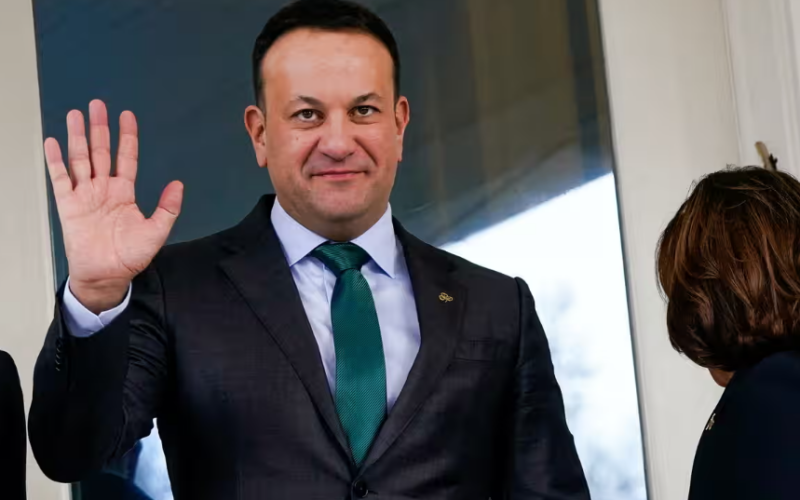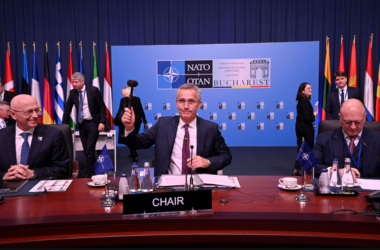Leo Varadkar, the trailblazing Taoiseach (Prime Minister) of Ireland, has announced his unexpected departure from office, capping off a tenure marked by a series of historic firsts. Varadkar, who became Ireland’s first openly gay leader and the youngest ever Taoiseach in 2017, has been a transformative figure in Irish politics, leaving an indelible mark on the country’s political landscape.
Varadkar’s tenure as Taoiseach was characterized by his progressive agenda and his efforts to modernize Ireland. He played a key role in the historic repeal of the Eighth Amendment, which effectively legalized abortion in Ireland, and he led the country through the turbulent Brexit negotiations, earning praise for his diplomatic skills and strategic acumen.
His departure comes as a surprise to many, as Varadkar had been widely expected to continue leading the country and to contest the next general election. However, he has cited personal reasons for his decision to step down, stating that he wants to spend more time with his family and pursue other interests outside of politics.
Varadkar’s legacy as Taoiseach is a complex one, with supporters praising his leadership style and his efforts to modernize Ireland, while critics argue that he failed to deliver on key issues such as housing and healthcare. Nevertheless, his impact on Irish politics is undeniable, and his departure marks the end of an era for the country.
As Ireland looks to the future, the focus now turns to who will succeed Varadkar as Taoiseach and lead the country through the next chapter of its history. Whoever takes on the role will face the challenge of building on Varadkar’s legacy while also addressing the pressing issues facing Ireland today.
In his farewell speech, Varadkar expressed confidence in Ireland’s future and thanked the Irish people for the privilege of serving as their Taoiseach. His departure may mark the end of his time in office, but it is clear that his influence on Irish politics will endure for years to come.








